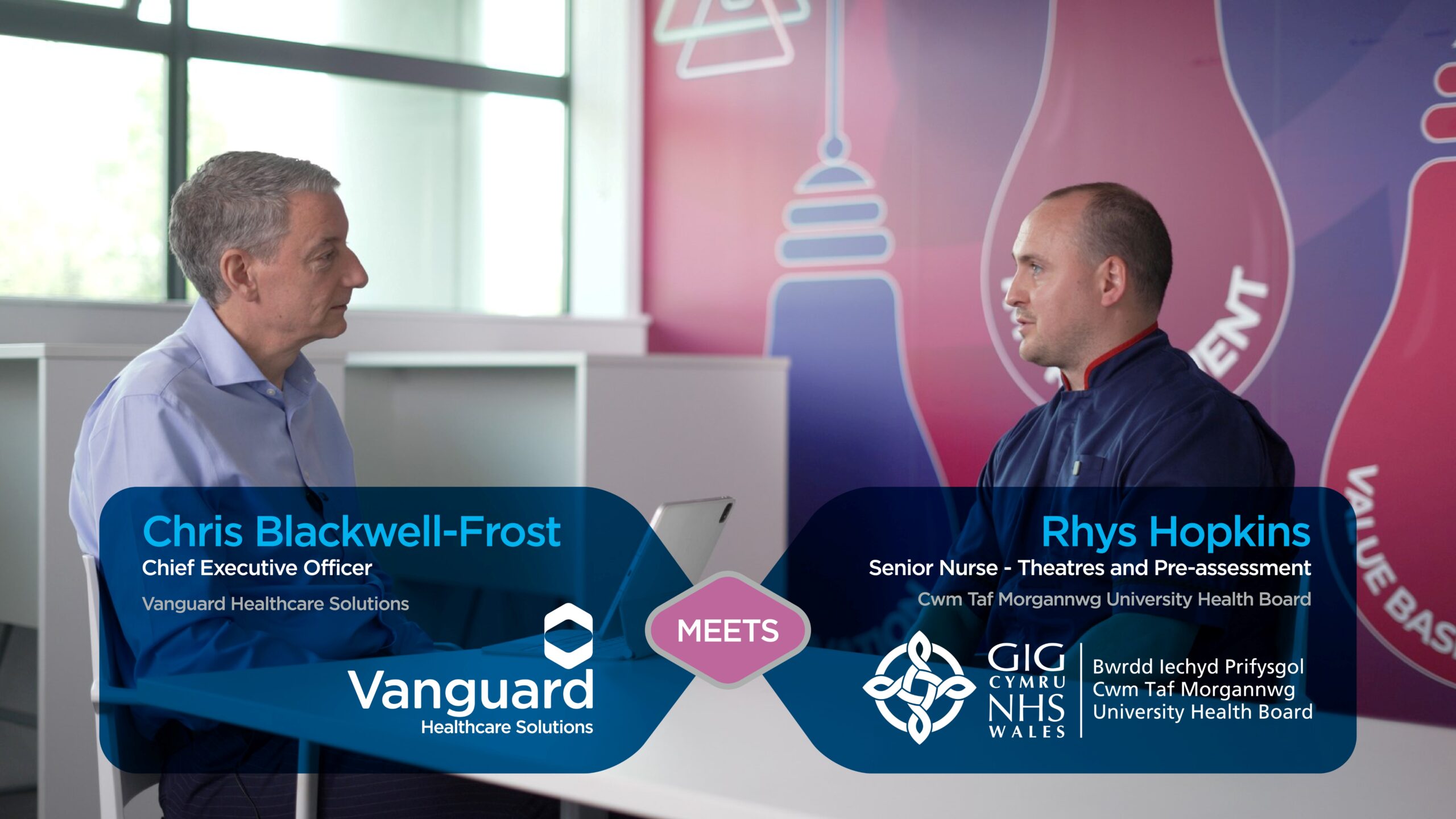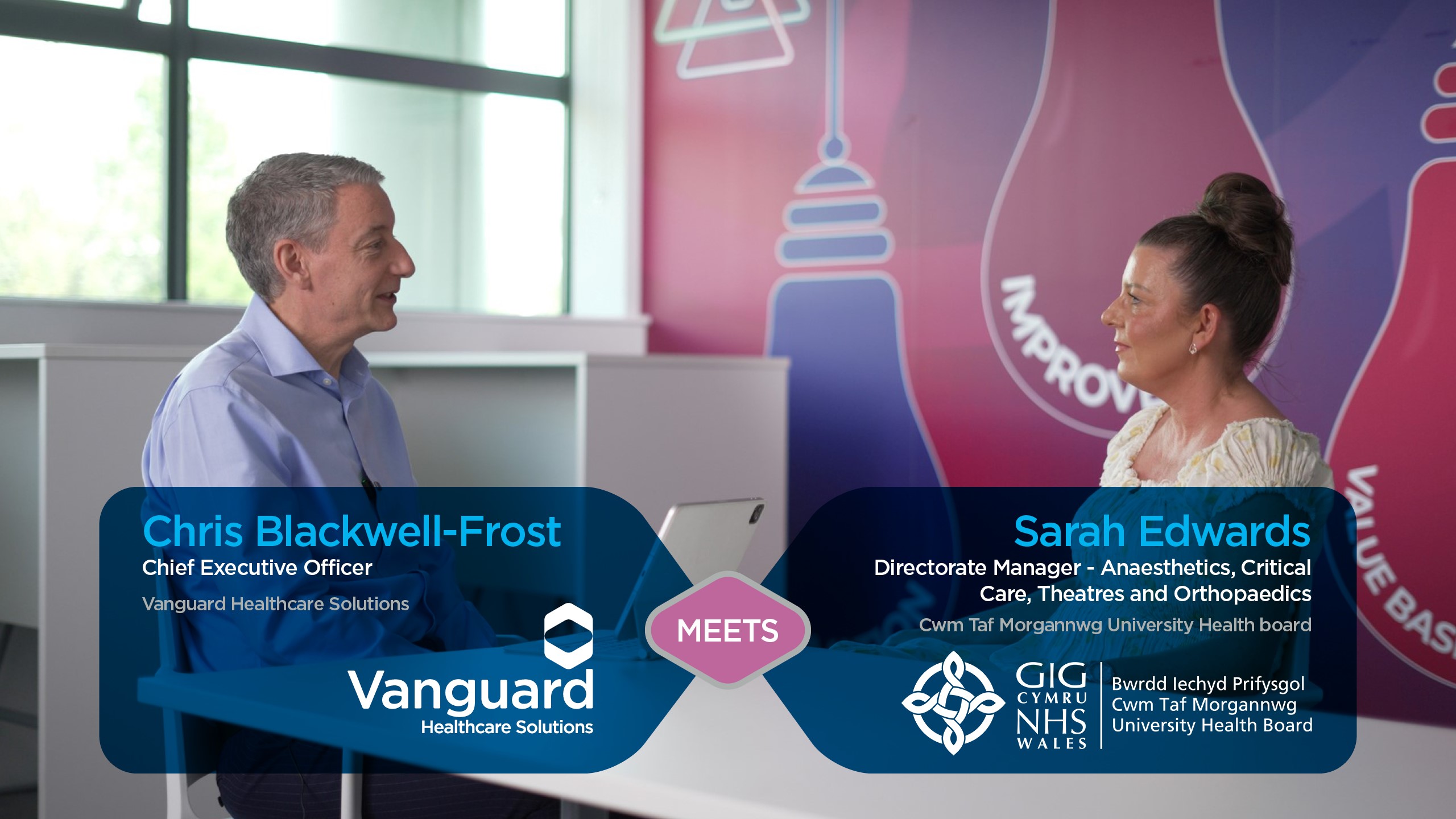On dirait que vous êtes aux États-Unis
Nous avons un site différent (www.q-bital.com) qui correspond mieux à votre emplacement
Un nouveau rapport, publié par le NHS England il y a un peu plus d'une semaine, a souligné la nécessité de réformer l'activité de diagnostic et d'introduire un nouveau modèle de service pour fournir des parcours sûrs et centrés sur le patient et améliorer la productivité.
Le rapport majeur » était le résultat d'une étude des services de diagnostic, commandée par le directeur général du NHS, Sir Simon Stevens, dans le cadre duPlan à long terme du NHS. Il suggère des moyens de revoir radicalement la manière dont les services d’IRM, de tomodensitométrie et d’autres services de diagnostic, y compris l’endoscopie, sont fournis dans un contexte de demande croissante et de nécessité de faciliter la reprise après la pandémie de Covid-19.
Le nouveau rapport préconise la séparation des diagnostics aigus et électifs dans la mesure du possible, afin d'améliorer l'efficacité et de réduire les temps d'attente. Les contrôles diagnostiques aux urgences devraient être séparés des tests effectués avant les procédures de routine, et selon la proposition, des centres de diagnostic autonomes « sans Covid » seraient mis en place dans la communauté, loin des sites hospitaliers de soins aigus. Des améliorations aux diagnostics des patients hospitalisés, comme l'accès à une endoscopie le jour même, sont également proposées pour libérer des lits.
Cette approche apporterait de nombreux avantages ; les patients pourraient être testés plus près de chez eux, le nombre de patients fréquentant un hôpital pourrait être réduit, les patients pourraient être rassurés sur la sécurité des procédures de participation ; et les temps d’attente pour les diagnostics non urgents pourraient être réduits. Cela rendrait également le NHS plus résilient et garantirait la continuité des soins électifs en cas de période prolongée de Covid-19 ou d’une autre pandémie.
Mais pour y parvenir, des investissements importants dans de nouvelles installations et équipements seront nécessaires, ainsi qu’une augmentation significative du personnel de diagnostic. La mise en œuvre du plan prendra donc probablement du temps.
Il était déjà nécessaire d’améliorer radicalement les services de diagnostic avant la pandémie, la demande ayant augmenté rapidement au cours des cinq dernières années en particulier. Cela a conduit à une augmentation marquée des violations de la norme de diagnostic de six semaines au cours des deux dernières années, ainsi qu'à une augmentation substantielle de l'externalisation de l'imagerie et de l'endoscopie.
Le professeur Sir Mike Richards CBE, qui a dirigé l’examen, a déclaré que même si un changement radical était déjà nécessaire, il a été encore amplifié par la pandémie. Le risque d’infection au Covid-19 vers et depuis les patients se présentant pour des tests de diagnostic a ralenti le flux de patients, en particulier pour la tomodensitométrie et l’endoscopie, ce qui, combiné aux annulations pendant la période de confinement, a conduit à un retard important.
Parallèlement à l’augmentation des capacités et à la séparation des diagnostics électifs et d’urgence, de nouveaux modèles de prestation de services sont également nécessaires pour garantir des voies sûres vers le diagnostic, notamment en élargissant le recours aux consultations virtuelles et aux diagnostics communautaires pour réduire au minimum les visites dans les hôpitaux de soins aigus.
Même si des capacités de diagnostic supplémentaires et de nouvelles méthodes de travail sont évidemment nécessaires pour pouvoir se remettre de la chute spectaculaire de l’activité observée pendant la pandémie, une séparation claire des chemins est déjà possible grâce à une infrastructure de santé flexible.
L'utilisation de installations d'endoscopie mobiles ou modulaires ou des unités d'imagerie, sont idéales pour lancer le développement des centres de diagnostic communautaires proposés, contribuant ainsi à garantir que la capacité de diagnostic électif peut être protégée et que les listes d'attente peuvent être réduites. De nombreux hôpitaux utilisent déjà infrastructure clinique flexible pour créer des environnements autonomes sans Covid-19.
Entrer en contact pour en savoir plus, ou lisez le rapport de Sir Mike Richards CBE.



Solutions de soins de santé Vanguard
Unité 1144 Regent Court, The Square, Gloucester Business Park, Gloucester, GL3 4AD

Nous avons un site différent (www.q-bital.com) qui correspond mieux à votre emplacement